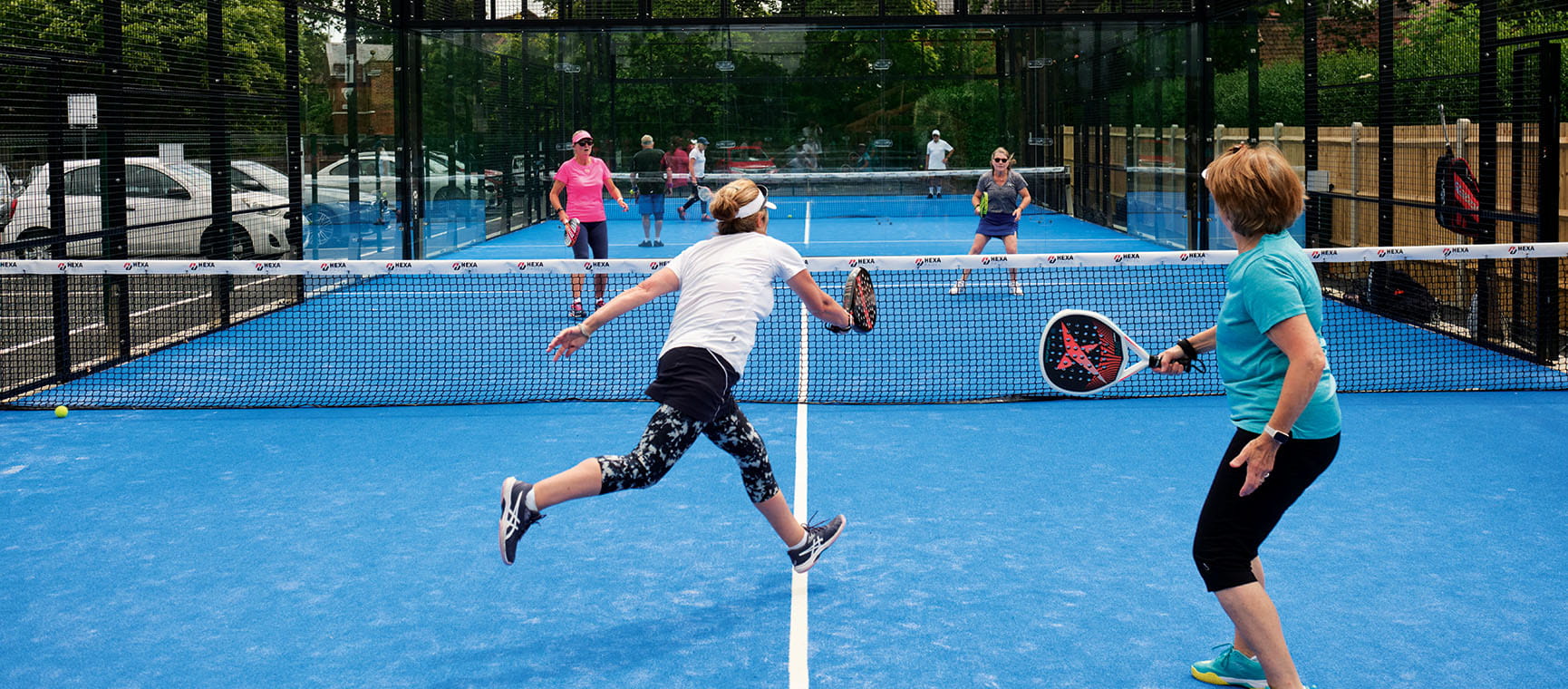
Friday, 6am in Epsom, Surrey. Retired local council officer Sandie Barker, 72, has already logged on to her local tennis club’s website. But Sandie’s not looking to play tennis, she is one of thousands of converts to hot new racket sport padel.
"It’s a case of snooze and lose when booking padel courts because it’s so popular now," she says.
"I book first thing then immediately alert the WhatsApp group. Moments later, the replies ping in and my friends and I are on court by 10am."
Sandie took up padel three years ago. "I’ve always been active and used to play tennis, but in my early sixties I developed pain in my neck and shoulder and had to stop," she says. "Every other sport I tried exacerbated the problem.
"I’d been looking forward to my retirement, but faced with enforced inactivity, worried how my future might look. Then in 2021, my local tennis club built a padel court. I had a taster session and instantly loved it.
"The game is played in doubles on a small court and crucially with an underarm serve, so my body can cope. Padel has improved my physical and mental wellbeing. I play at least twice a week. It’s been a life-saver."
Padel is the world’s fastest-growing sport, with 25 million players worldwide and a host of A-list devotees, including Sir David Beckham, model Elle Macpherson and Hugh Grant.
In Spain, it’s the second most popular sport after football and it’s being tipped for inclusion in the Olympics.
Recent growth in the UK has been equally as remarkable, with a rise of over 2,567% between 2019 and 2025. According to the Lawn Tennis Association, in 2019 there were around 15,000 players and just 50 courts. By 2025, this rose to 400,000 and the number of courts stood at 893.
Neil Percival of UK Padel, an organisation aiming to raise awareness of and access to padel, calls it "a global phenomenon. It’s a transformational sport with the power to change lives.
"Anyone can play and it’s growing through the passion of those who discover it. It is not a fad. It’s here to stay."
So, where did it all begin? Padel was invented in 1969 by Mexican businessman Enrique Corcuera, who wanted to create a new game for his backyard as he didn’t have room for a tennis court.
A cross between squash and tennis, it differs from pickleball in that it is played on an enclosed rather than an open court and has a tennis-like rather than plastic, airflow ball.
The court is 25% smaller than a tennis court and divided into two service boxes either side of the net with surrounding walls made of reinforced glass and metal mesh. The ball looks like a tennis ball, but the internal pressure is slightly less, so it doesn’t travel as fast.
Padel rackets are solid with holes and depending on preference and the player’s standard, are diamond, oval or teardrop-shaped and can vary in weight and density.
Padel is played in doubles with scoring as in tennis. But there are key differences and it’s best to join a coaching or group session so you are clear on the rules.
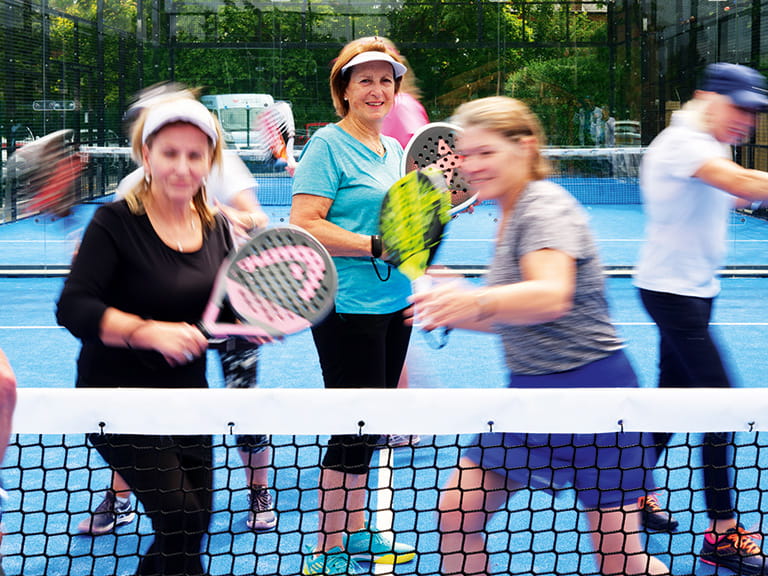
Padel’s appeal is as much to do with its inclusive nature as its technical aspects. "It’s dynamic, fun and easy to pick up," says Percival, "but more importantly, it’s the best sport to engage the widest participation. It builds community."
Many providers are working to make the sport inclusive. Joel James, Padel Maidenhead club lead and coach, says, "We want to bring women and girls, those from low-income families and those with disabilities into padel; we particularly encourage the over-60s to discover it.
"We dedicate a substantial part of our programming to this market, with regular senior sessions. Whether players want to improve and develop their skillset with group coaching, play for fun or simply want to meet people, they can do it through our club."
Padel16, founded by professional footballer Fabio Borini, his wife Erin and businessman Anthony Bingham, also aims to build community. "[Fabio and I] discovered padel during a trip to Ibiza with my father-in-law Roberto, who is 60,’ says Erin.
"We loved that it’s a fun, intergenerational game, but there was nowhere to play in our area, so we set up a padel business which would also give back to the community by helping to restore and transform traditional sports clubs."
The organisation’s mission is to add padel courts to existing local sports clubs that might need rejuvenation, thereby offering communities a refreshed space to play, compete and connect.
Their first venture is at Worsley Sports Club, Salford. It’s hoped that club members who attend to play cricket or bowls will discover padel, while a new legion of padel players will in turn get involved in, support and future-proof the sports club for the good of the community.
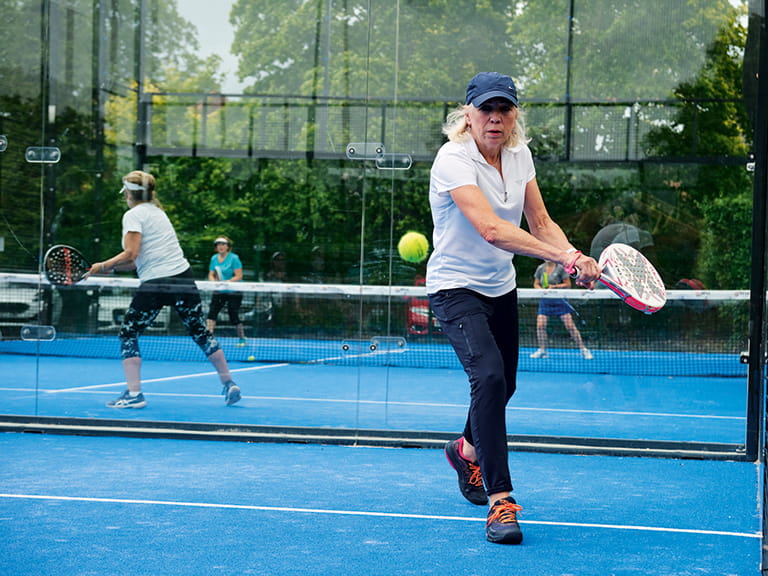
According to Percival, padel’s benefits are twofold: "Firstly, it’s great for health and fitness. Like other racket sports, padel provides a full body workout. You build flexibility, agility, coordination and muscle strength as you play, but with a smaller court it’s not quite as demanding on the body."
There are mental benefits too. "You’re constantly stimulating your brain and improving attention span," he adds.
"Padel is not a game of power. Older people are attracted because it is a problem-solving game. Good players take a chess or bridge-style tactical approach to breaking down an opponent who could appear physically stronger."
Flexibility, affordability and the social aspect are also big draws for the older player. "You can choose a full membership, or a pay-and-play option," says James.
"Depending on where and when you play, you could be paying £6-£20 a session. You can play with a group of friends, or just turn up and be slotted into a group."
Booking apps like Playtomic show you a padel location and match you with players of your level.
Marshall Miller, 71, found padel in March and plays with his wife Katie, 68.
"I used to be a golfer, but it takes up entire days. We lead busy lives and padel slots in beautifully. We attend group sessions so have met new people. It’s great."
Elena Gimson, 57, also enjoys the social side and the fact that stamina is no barrier.
"I love that you can access the sport whatever your fitness level – you don’t have to be able to play a full hour-and-a-half match, you can join a social session, then swap in and out.
"I’ll play for 15 minutes then come off and sit and chat with one of the new friends I’ve met before swapping back in again. It’s such a friendly sport. I love it."
Padel courts are springing up across the UK. Many sports, rackets and leisure clubs have added them and there are now countless privately owned padel hubs.
Increasingly, municipalities are seeking permission to install independent courts on autonomous playgrounds and sports grounds.
The Lawn Tennis Association and UK Padel have information on how to get started, what you’ll need and where to play, including lists of padel clubs and courts across the UK and interactive maps to help you locate your nearest.
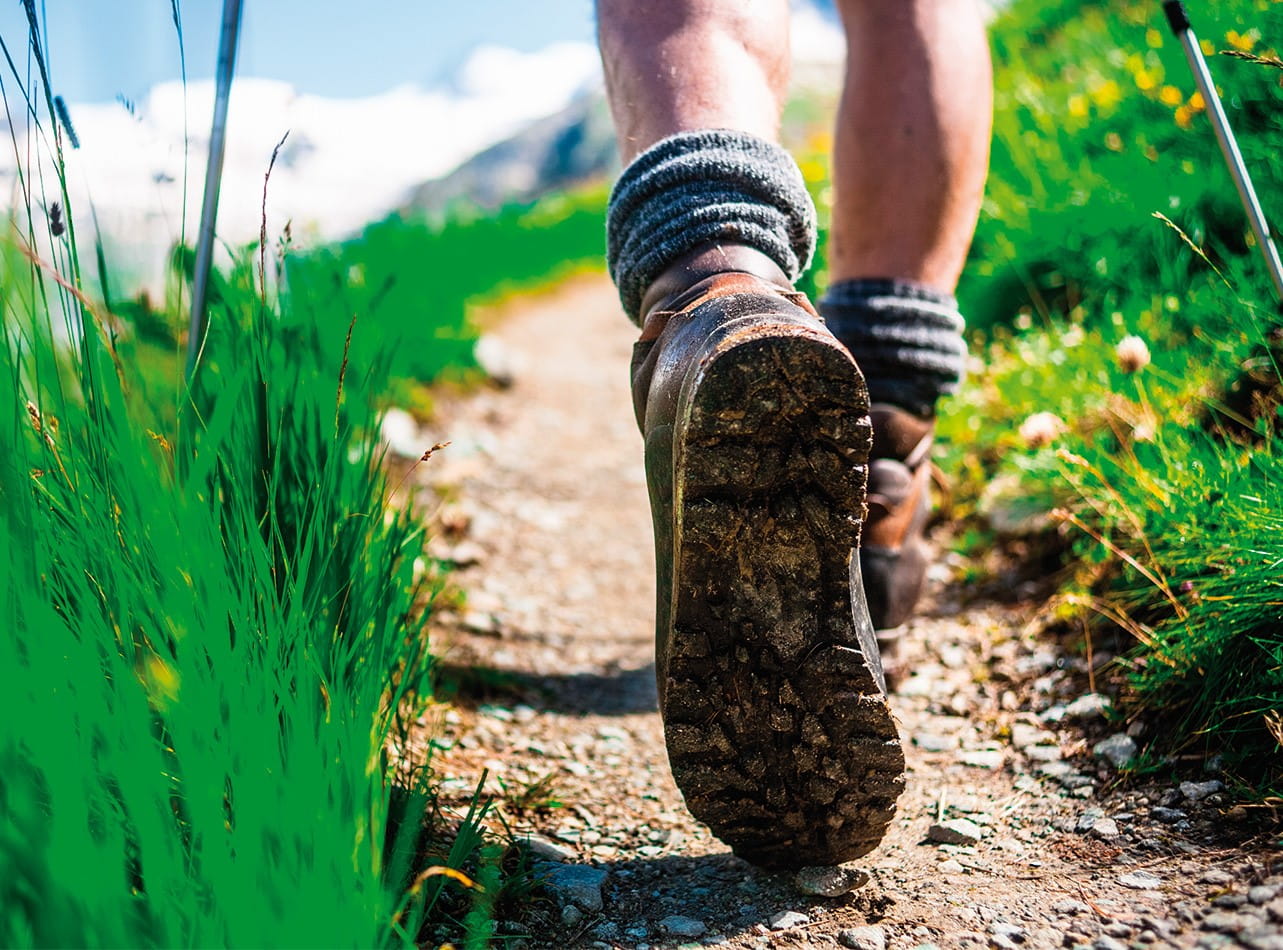
Find out about Saga’s walking holidays here…
Saga’s walking holidays are perfect for exploring Europe’s stunning destinations on foot. They’re suitable for all fitness levels and offer a well-balanced mix of guided walks and relaxation.
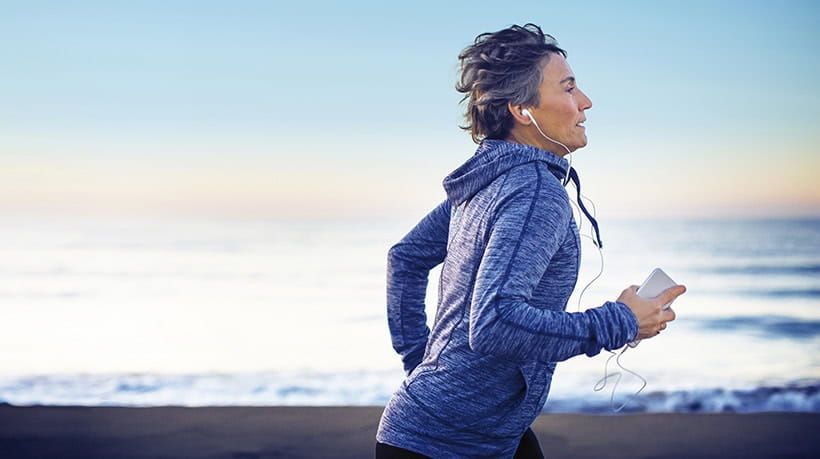
Health insurance for people over 50 that provides a quicker route to diagnosis and planned medical treatment in a private facility.
Underwritten by Bupa Insurance Limited.
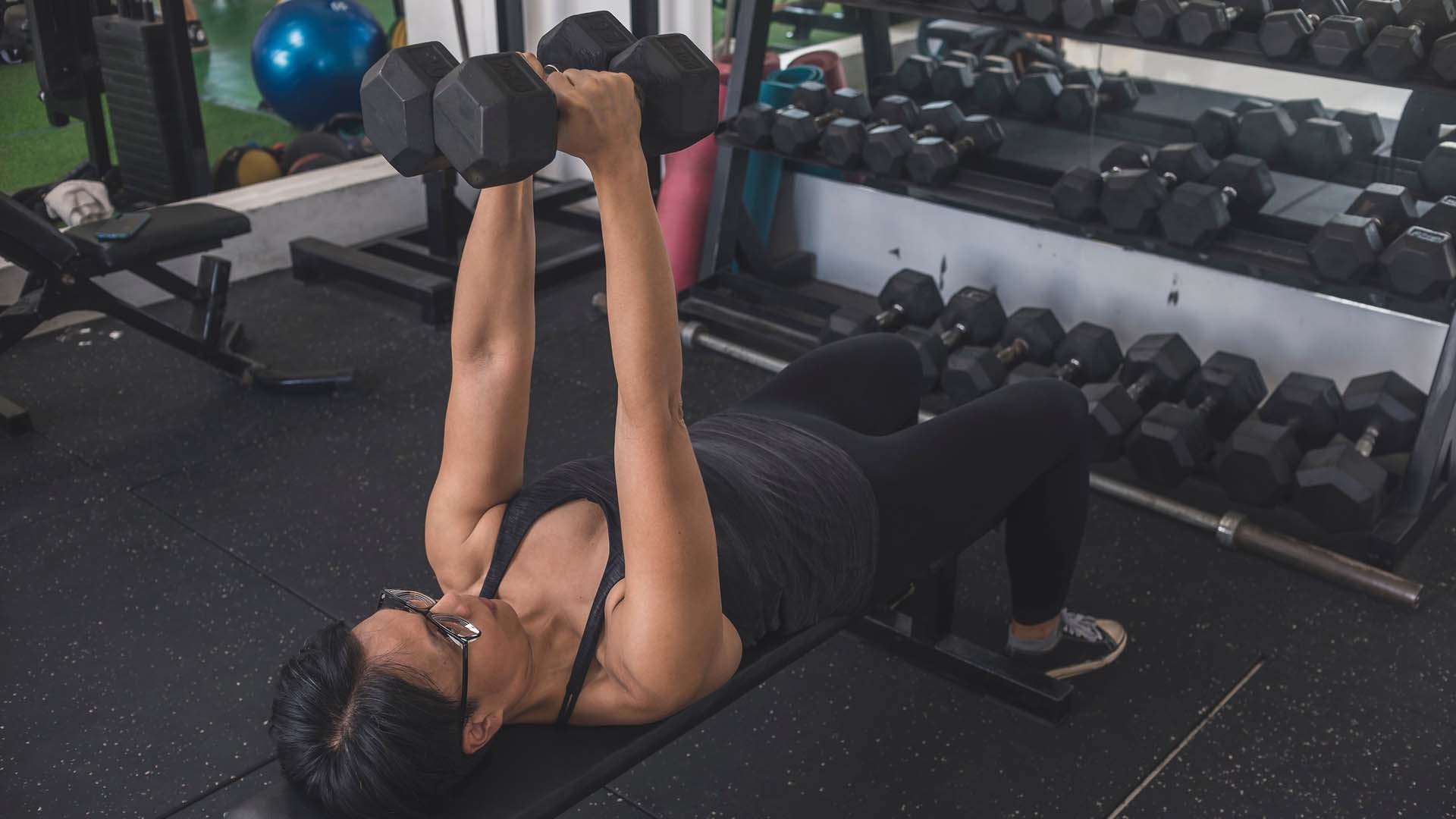
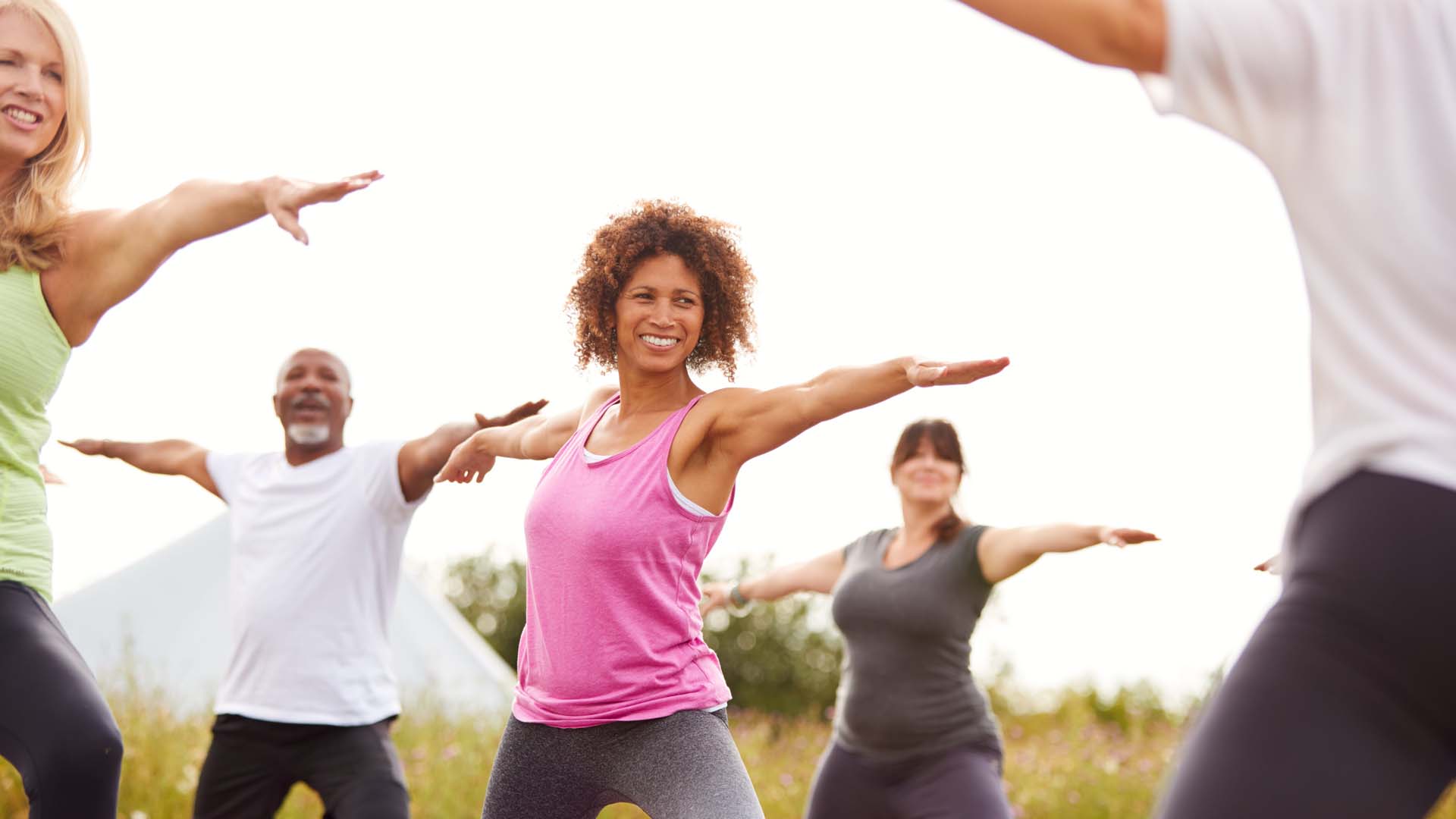
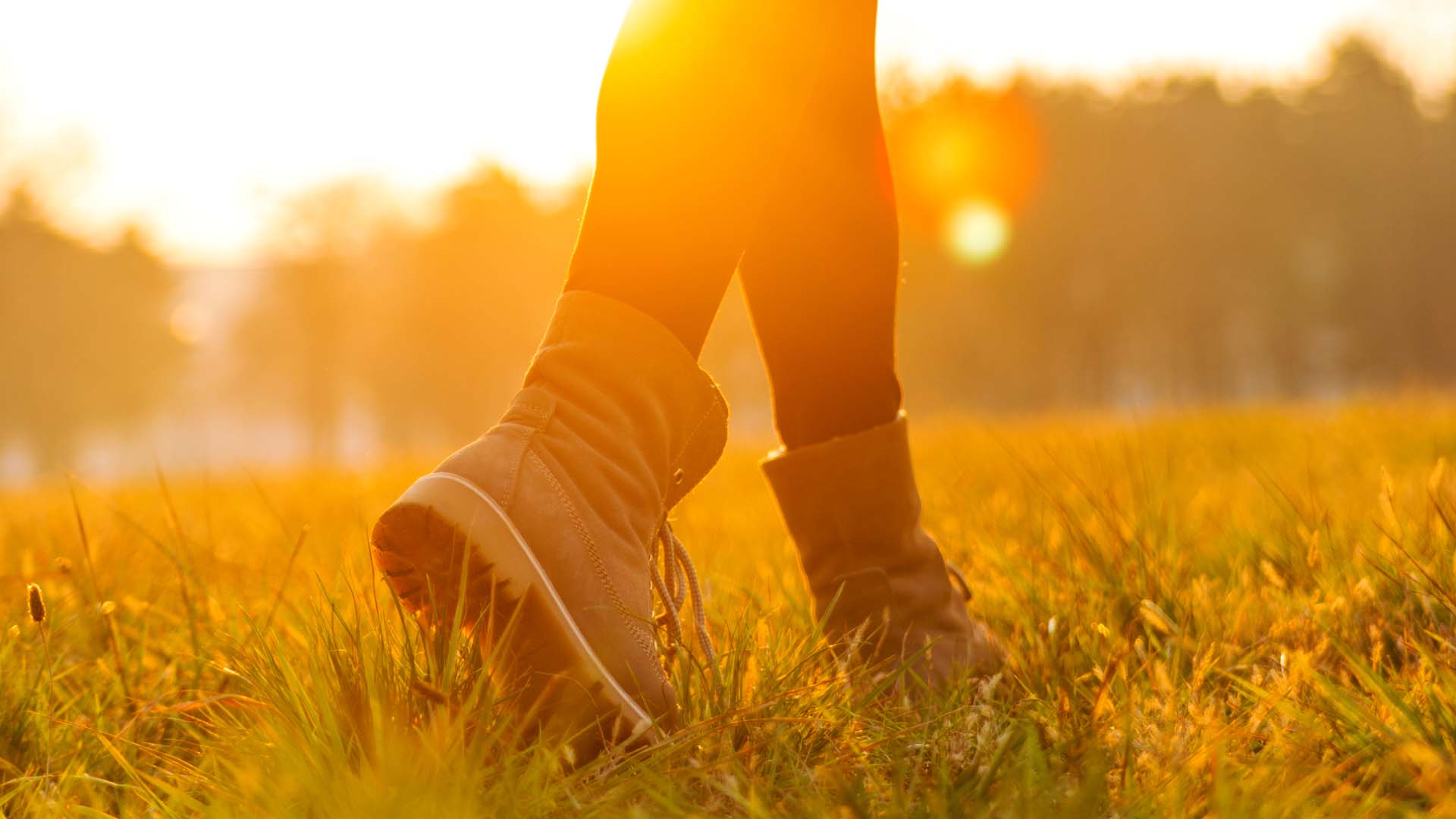
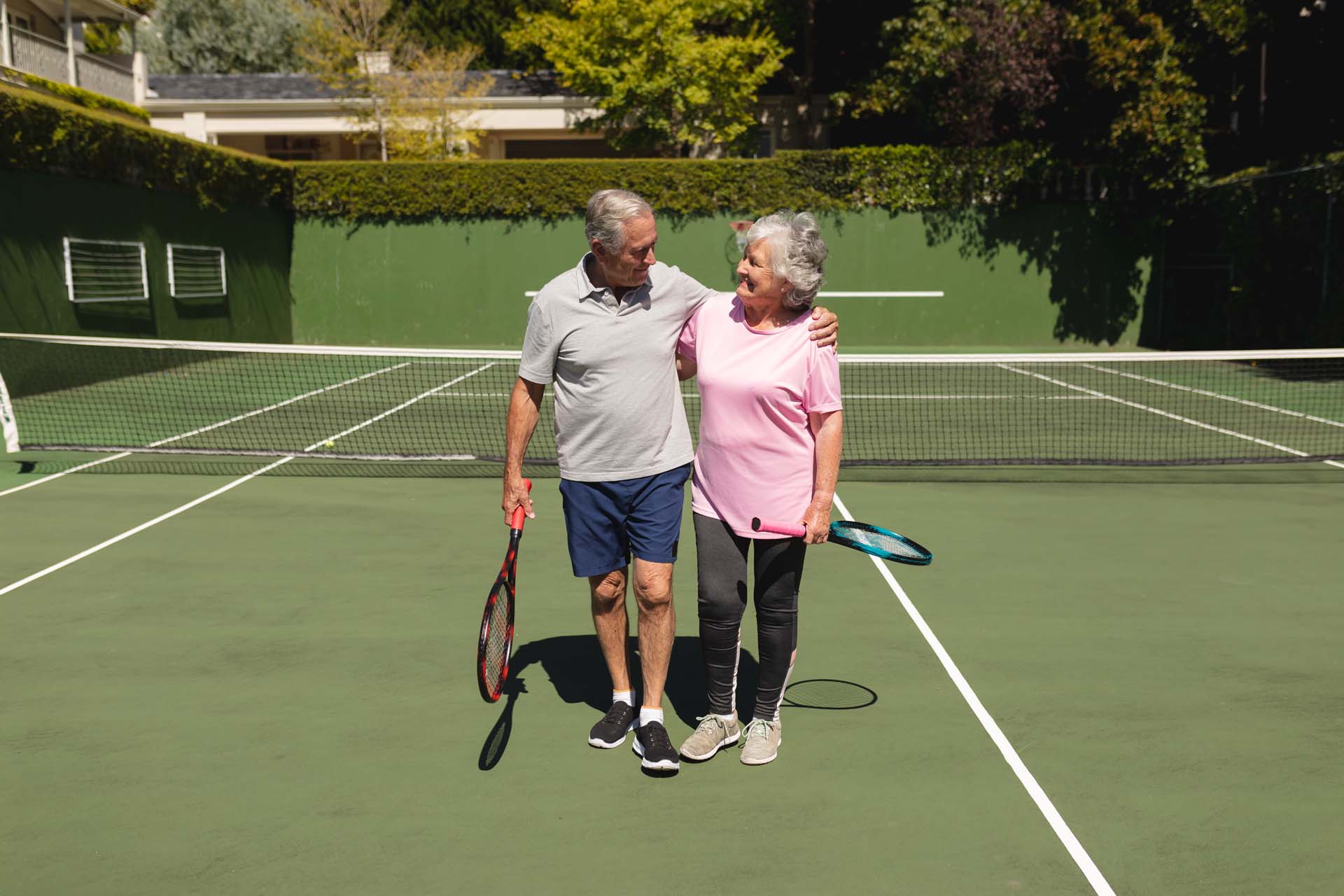
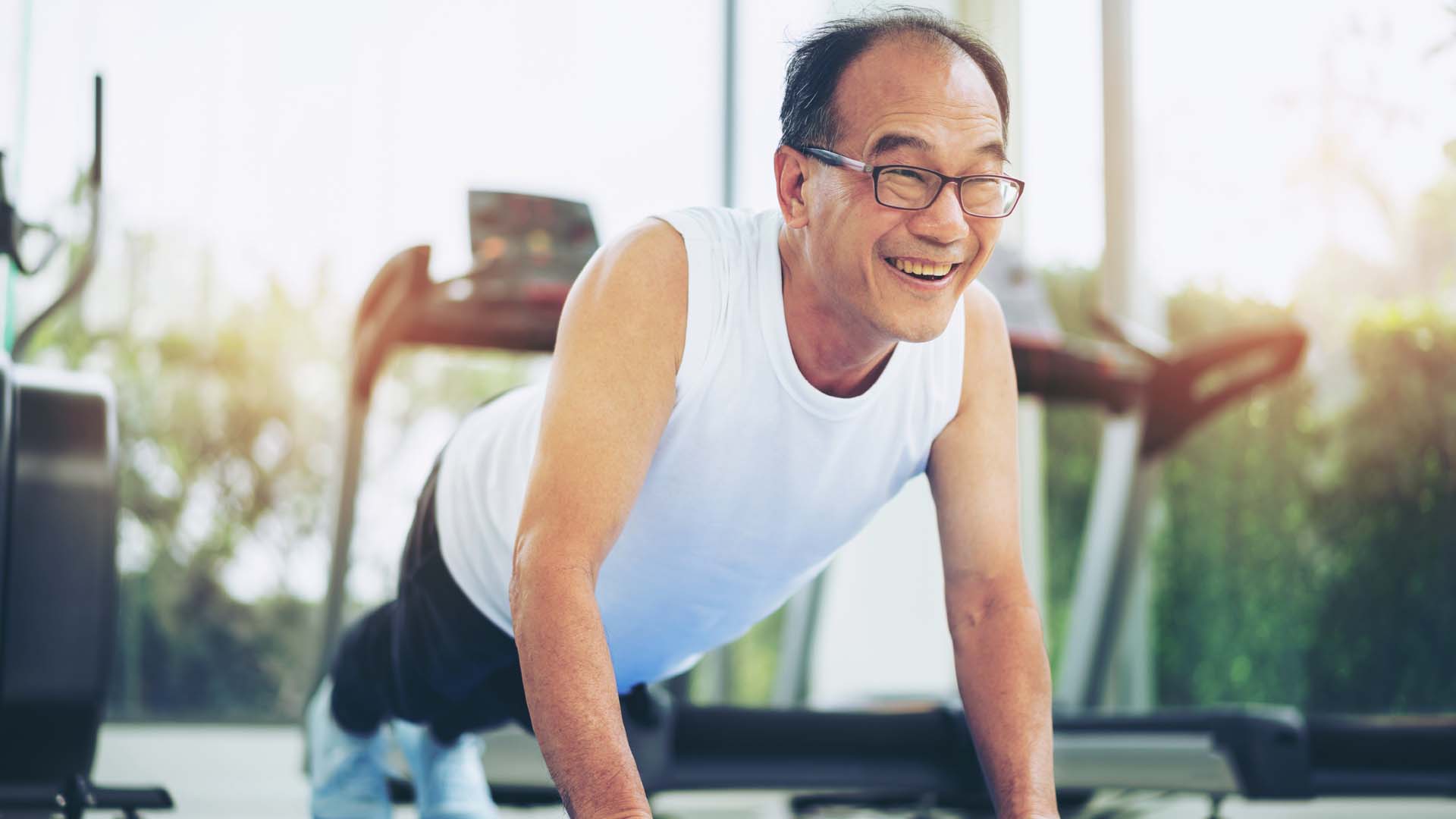
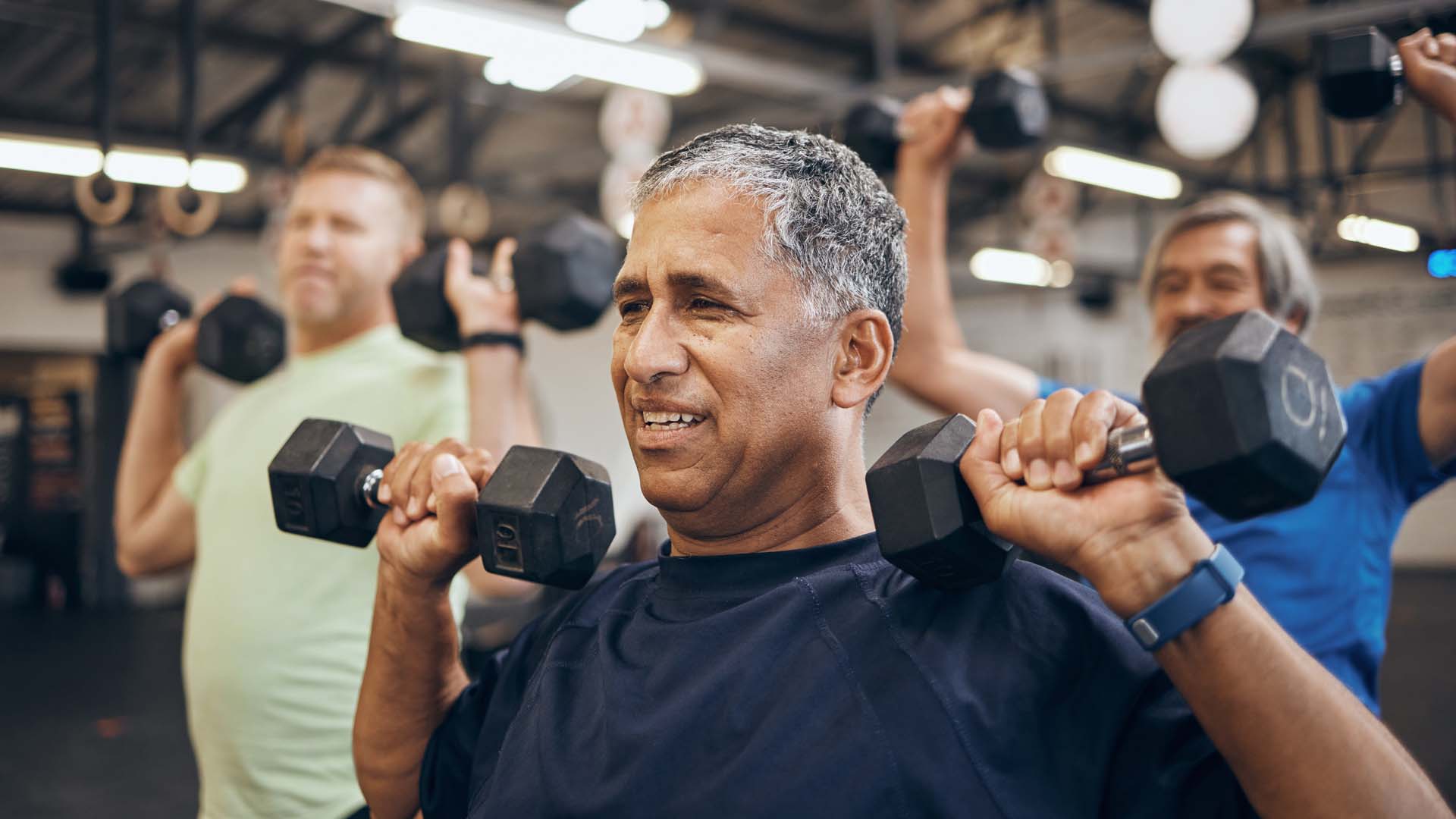
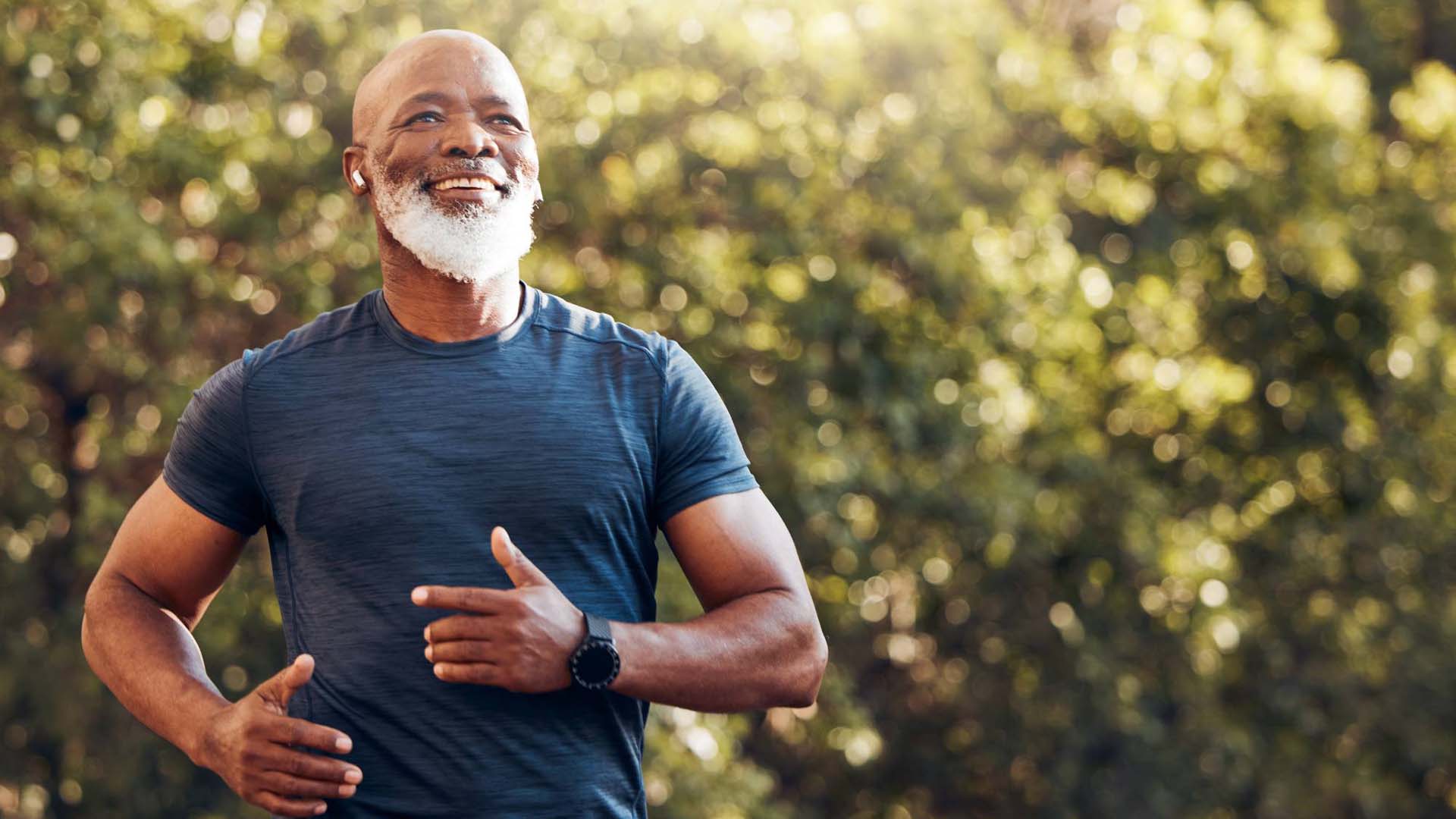
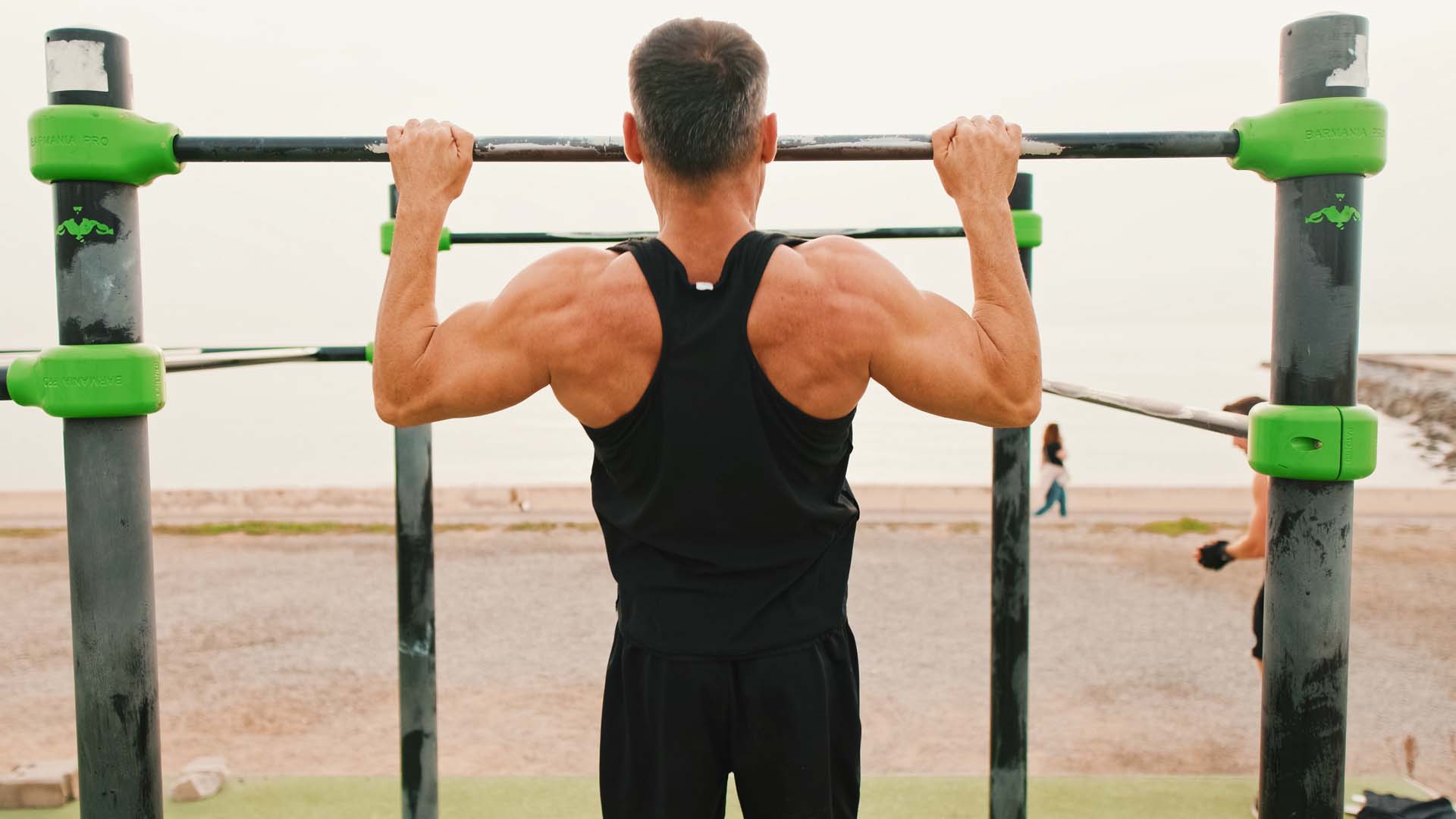
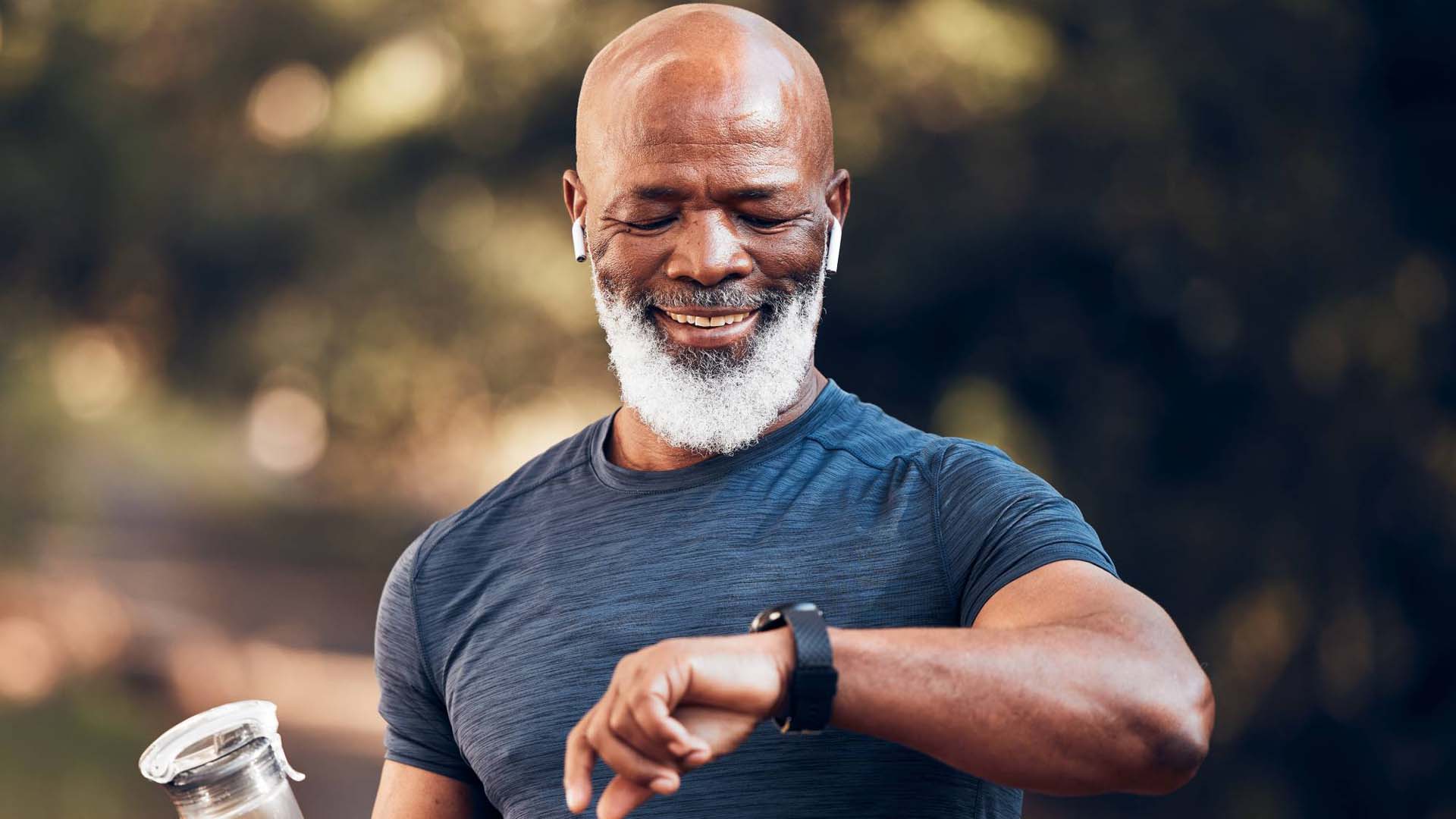
Your questions answered about what really is a good 5k time.